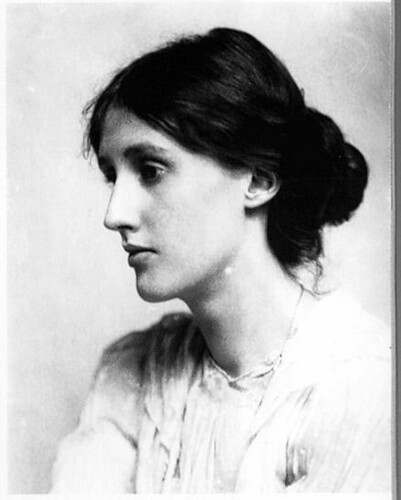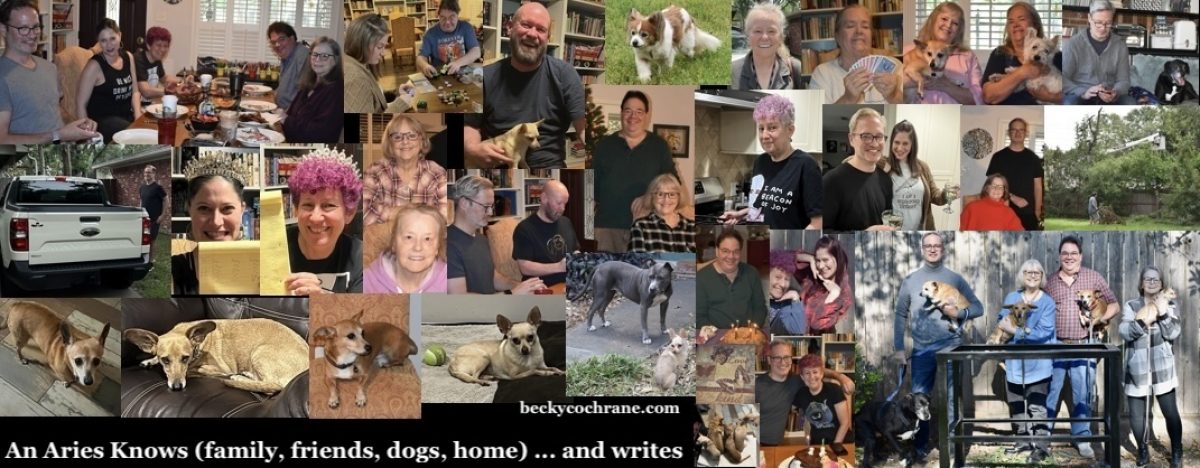
Each had his past shut in him like the leaves of a book known to him by heart;
and his friends could only read the title.
Virginia Woolf, Jacob’s Room
Sometimes I wonder if I’ll ever finish the biography of Virginia Woolf I began reading many years ago. I always want to, but other things come along, and it gets pushed lower and lower on the list of things to read.
On this day in 1941, Woolf walked into a river and ended her life at age 59. In the note she left for her husband, she wrote:
I have a feeling I shall go mad. I cannot go on longer in these terrible times. I hear voices and cannot concentrate on my work. I have fought against it but cannot fight any longer. I owe all my happiness to you but cannot go on and spoil your life.
I think very few of us understand despair. We know the word. We may think we’ve felt it. We probably sometimes misidentify depression, sadness, grief, and even anger as despair. But despair is a particular hell that can truly be known only when it’s experienced–and once experienced, one realizes that it’s nothing like any other emotion. Somewhere in every other emotion is a kernel of hope. But when despair takes over, it separates us from those we love and who love us most, because love is the most hopeful of emotions, and despair is hopeless.
Today, I was talking to a friend about how amazingly resilient humans can be. I think it’s the failure of resilience, really, that makes some among us surrender to despair, walk into the river, leaving in our wake anguish for those who’ve known us, and in a case like Woolf’s, dismay among future generations over work unfinished, life unlived.
I am watching, from a distance, someone I don’t know–like Woolf, a writer–make a slow, determined ascent from despair. I have no way to tell her I believe that she–unlike Woolf–will be okay, but I feel that writing it here creates a kind of magical connection. Even if she doesn’t read my words, their energy will travel until it reaches the place where it may be needed–if not by her, by someone. Someday, that someone might even be me.

That’s why I loved The Hours so much. It depicted Woolf’s life well, and the despair she felt, being a woman, in her circles, trapped in her own mind. I read all of her works, and I think I liked A Room of One’s own more than any other–though Mrs. Dalloway is up there.
While I want to say I experienced despair in my life, I think that you are correct in saying we mistake the words and emotions. I was, at one point in my life, thinking everything was hopeless, wanting it to end, but I always felt that I could overcome the situation one way or another. I think I felt despair when my mother died. I believe that because the death of her is final, absolute. She’s gone and there is no hope that she is coming back. However, when I have felt trapped in my life, I claw my way out of that cage, fighting, kicking, screaming, and I escape. Even now, when I start to have that feeling, I leave. I travel some where to allow myself that freedom of escape. I can’t be stuck in a place or way. If that ever happens to me again, I would rather be dead.
i really enjoyed this post. A lot of people have no idea about Woolf’s life and what she suffered.
The Hours–the movie or the novel? I liked them both quite a lot, but it seems to me they were different from each other. (It’s been quite a while since I read/saw them.)
I’m glad you enjoyed the post. =)
The book. The movie was different but good, too.
i just like what you say and what topics you talk about.
Thank you. You’re always so good for my soul. =)
hey, same to ya!
That was wonderful and very important. Thank you so much!
I’ve come through something like this, not realizing that the line between despair and depression is so easily crossed. Fortunately, I didn’t cross it, but there were several days that seemed as if they were doorways. looking at a life I didn’t think I would be able to live. I learned that each day is only one day and the next one has new potential that can be used as I see fit. Having friends who loved me made a difference in my life, but it still came down to what was happening in my head. Unlike Woolf, I was able to find a way out.
Thank YOU for sharing all that. I’m very glad you found your way out.